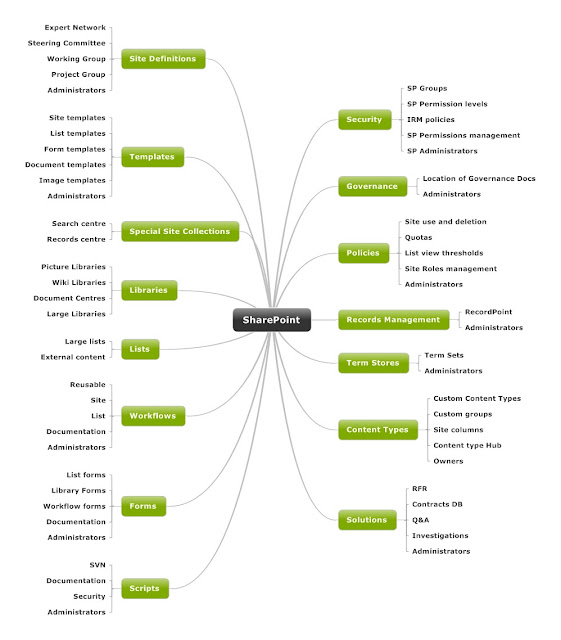Here is a Powershell script to set the ULS Logging to a different drive. The script takes 2 parameters - the first is the log file location, the second is the number of log files to create:
Param([string]$logDirectory, [int]$number_of_log_files)#################################################################################
$description =@'
This script moves the trace logs to a specified directory and specifies the number of logfiles to maintain
'@
$scriptname = $MyInvocation.MyCommand.Name
$scriptpath = $MyInvocation.MyCommand.Path
$transcriptFile = "C:\Install\Logs\Powershell_$scriptname.log"
Start-Transcript $transcriptFile -append -force
Write-Output "Starting Script: $scriptpath"
Write-Output $description
$error.Clear()
$erroractionpreference="Stop"
$ReportErrorShowExceptionclass=$true
$ReportErrorShowInnerexception=$true
$ReportErrorShowSource=$true
$ReportErrorShowStackTrace=$true
trap {
$errorRecord = $error[0]
Write-Output "ErrorRecord:"
$errorRecord
Format-List * -Force
Out-Default
Write-Output "CategoryInfo:"
$errorRecord.CategoryInfo
Format-List * -Force
Out-Default
Write-Output "ErrorDetails:"
$errorDetails = $errorRecord.ErrorDetails
Write-Output "Message:"
$errorDetails.Message
Out-Default
Write-Output "RecommendedAction:"
$errorDetails.RecommendedAction
Out-Default
Write-Output "FullyQualifiedErrorId:"
$errorRecord.FullyQualifiedErrorId
Out-Default
Write-Output "InvocationInfo:"
$errorRecord.InvocationInfo
Format-List * -Force
Out-Default
Write-Output "TargetObject:"
$errorRecord.TargetObject
Format-List * -Force
Out-Default
Write-Output "Exception:"
$Exception = $errorRecord.Exception
for ($i = 0; $Exception; $i++, ($Exception = $Exception.InnerException))
{$Exception
Format-List * -Force
Out-Default}
Stop-Transcript
;break
}
[System.Reflection.Assembly]::Load("Microsoft.SharePoint, Version=12.0.0.0, Culture=neutral, PublicKeyToken=71e9bce111e9429c")
New-Item $logDirectory -type directory -Force
$directoryInfo = New-Object System.IO.DirectoryInfo($logDirectory)
$directorySecurity = $directoryInfo.getaccesscontrol()
$fileSystemAccessRule = New-Object System.Security.AccessControl.FileSystemAccessRule("$env:COMPUTERNAME\WSS_WPG",[System.Security.AccessControl.FileSystemRights]::FullControl,[System.Security.AccessControl.AccessControlType]::Allow)
#$fileSystemAccessRule = New-Object System.Security.AccessControl.FileSystemAccessRule("dev\administrator",[System.Security.AccessControl.FileSystemRights]::FullControl,[System.Security.AccessControl.AccessControlType]::Allow)
$directorySecurity.AddAccessRule($fileSystemAccessRule)
$directoryInfo.SetAccessControl($directorySecurity)
$diagnosticsService = [Microsoft.SharePoint.Administration.SPDiagnosticsService]::Local
$diagnosticsService.LogLocation = $logDirectory
$diagnosticsService.LogCutInterval = $number_of_log_files
$diagnosticsService.Update()
Restart-Service "SPTrace"



No comments:
Post a Comment